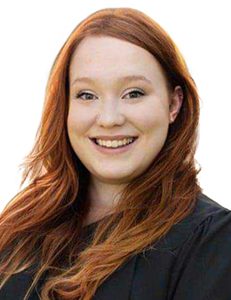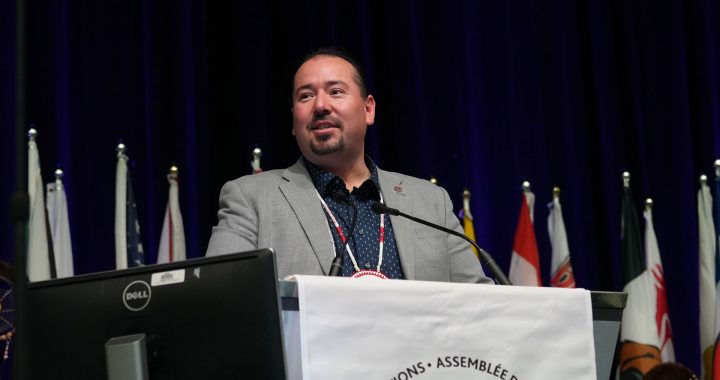Krimson Standingready knows her way around a hospital. Her three-month-old son Atlas has spent most of his life in a hospital bed with a feeding tube because of excess mucus at birth causing chronic lung and blood infections.
Since getting out, Atlas has fought blood infections and lung problems.
At the end of July, Krimson, originally from White Bear First Nation in Treaty 4 territory in Saskatchewan but now living in Fort Qu’appelle, noticed her son’s breathing was off.
She and her husband took Atlas to the emergency ward of a hospital in Regina.
She told APTN News, they didn’t get the care they were expecting. In fact, she said, the doctor sent them home.
“I remember specifically when I was speaking to the emergency doctor at Regina General [Hospital], he asked me a question, and he asked me, ‘What do you think we’ll do?’ she said.
“And I just at that point that, I was like, ‘okay, they’re not going to help me.’”
After being sent home, Krimson said she trusted her instincts. She drove her son two and a half hours north to the Jim Pattison Children’s Hospital in Saskatoon.
She said the doctors there told her Atlas had pneumonia.
“I always think, what if we just never came to the children’s hospital?” she said. “We actually just listened to the emergency doctor thinking he was fine. Because I just kept saying he has acid reflux. It’s as reflux. And like, okay, why is he coughing? Like, why is he still choking on his feeds when he has a feeding tube in?”
Atlas is still admitted to the children’s hospital. Krimson said she feels better being here.
“They also have, like, health First Nations health educators, and she actually just came to see me yesterday,” she said. “I was telling her about what was going on, and, like, what Regina to once they turned us away, and she was like, ‘you know, they have, we have like health educators at Regina as well, and they help you. They’re there to help you, advocate for your child.’”
APTN reached out to the Saskatchewan Health Authority to ask about the difference in care Atlas received. The SHA sent a statement that didn’t address the family’s concerns.
It said, in part, they “strive to create an inclusive culture grounded in our values of safety, accountability, respect, collaboration, and compassion based on a philosophy of patient and family-centred care. The sha’s primary concern is always patient safety and care by ensuring patient needs are met to the best of our ability.”
The SHA didn’t say if they were looking into the issue.
Krimson said she wants Indigenous mothers to know there are advocates at the hospitals who will work for them.











